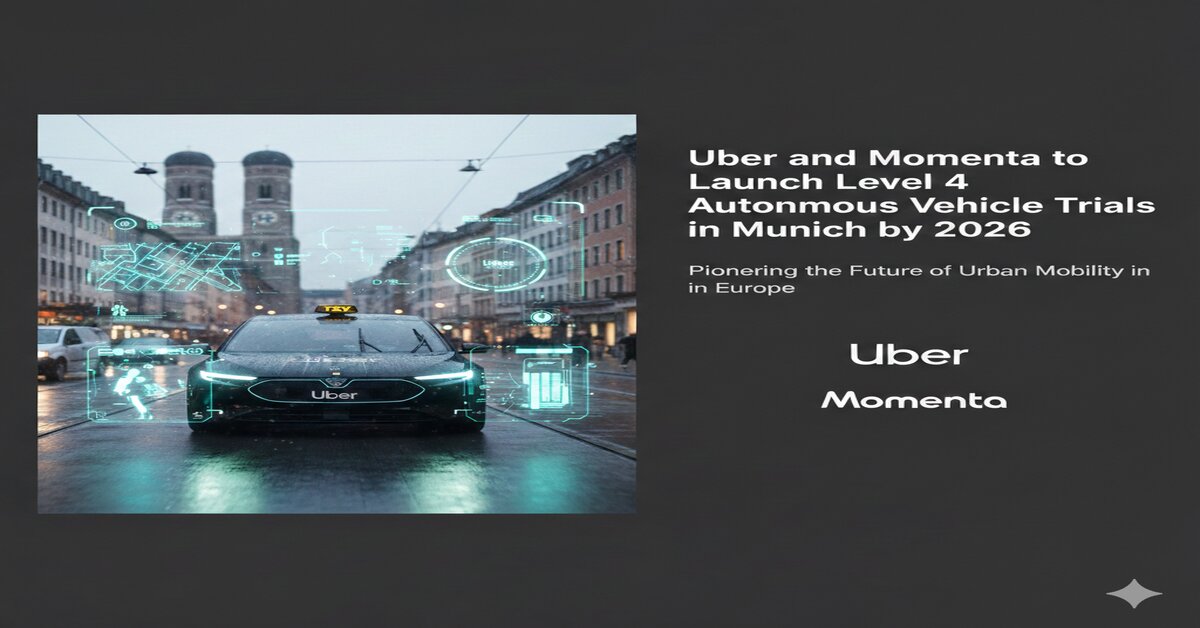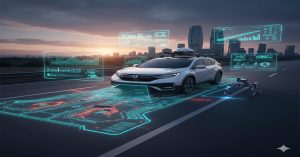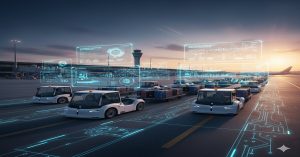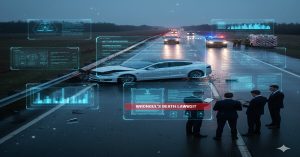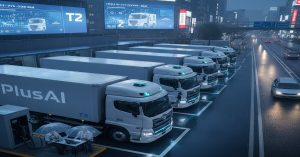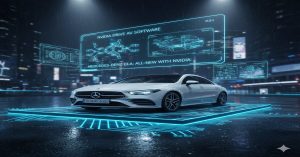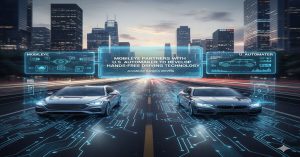Uber Technologies and Momenta are taking a major step toward the future of mobility with plans to begin testing Level 4 autonomous vehicles in Germany next year. The initiative marks a significant milestone in both companies’ efforts to bring self-driving technology to the mainstream and deliver efficient, safe, and scalable robotaxi services.
The collaboration will see Momenta’s cutting-edge, AI-powered autonomous driving system integrated into Uber’s global ride-hailing platform. This partnership is designed to accelerate the deployment of fully driverless vehicles capable of operating without human intervention under most conditions. By combining Uber’s vast network of riders and operational expertise with Momenta’s autonomous technology, the companies aim to create a blueprint for the future of urban transportation.
Munich has been chosen as the launch city for these tests, underscoring the Bavarian capital’s role as a hub for automotive innovation. Germany’s long-standing position as a leader in engineering and automotive development makes it a natural testing ground for advanced vehicle technologies. According to both companies, the decision to start in Munich is strategic: it allows them to gather valuable real-world data in a complex urban environment before rolling out the program to additional European cities in the coming years.
Xudong Cao, CEO of Momenta, emphasized the significance of this milestone, noting that the trial represents more than just a technology demonstration. “Testing L4 autonomous vehicles in Munich allows us to showcase how Momenta’s AI-driven robotaxi technology can transform urban mobility, as a new chapter in the region’s rich automotive heritage,” Cao said.
Uber CEO Dara Khosrowshahi echoed these sentiments, highlighting the symbolic importance of launching the project in Germany. “Germany has shaped the global automotive industry for more than a century, and now Munich will help shape the future with autonomous vehicles,” he said.
The introduction of Level 4 autonomous vehicles represents a critical step toward a fully driverless future. Unlike lower levels of automation, Level 4 vehicles can operate without a human driver under most circumstances, relying on advanced sensors, machine learning models, and high-definition maps to navigate city streets safely. For Uber, this technology promises to lower operational costs, reduce accidents caused by human error, and provide passengers with a seamless and reliable ride experience.
Looking ahead, Uber and Momenta plan to expand their collaboration beyond Munich, targeting other major European cities once the technology proves successful at scale. If all goes as planned, the trials could pave the way for widespread adoption of autonomous ride-hailing services across Europe, bringing the industry closer to a future where robotaxis become a common sight on city streets.

